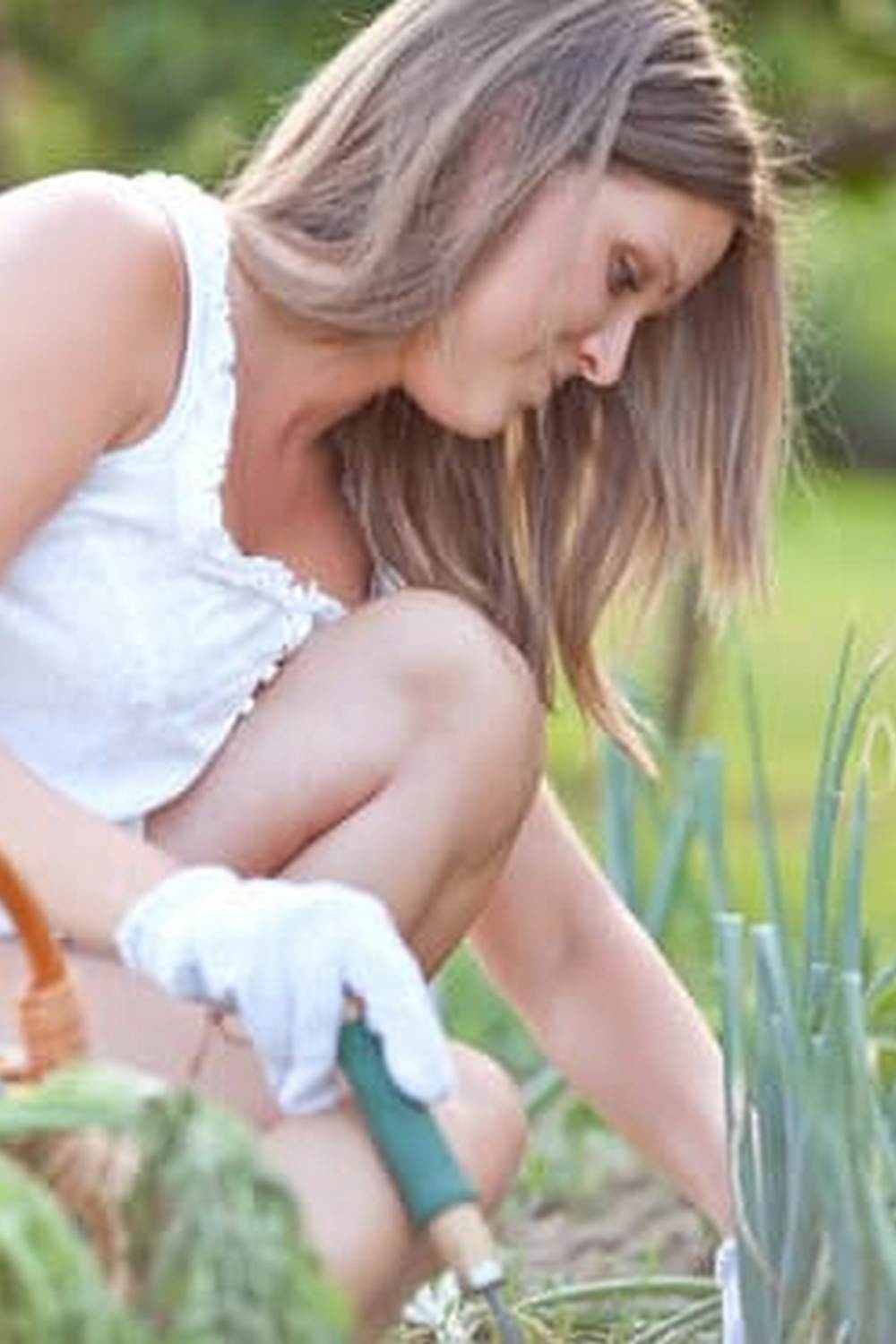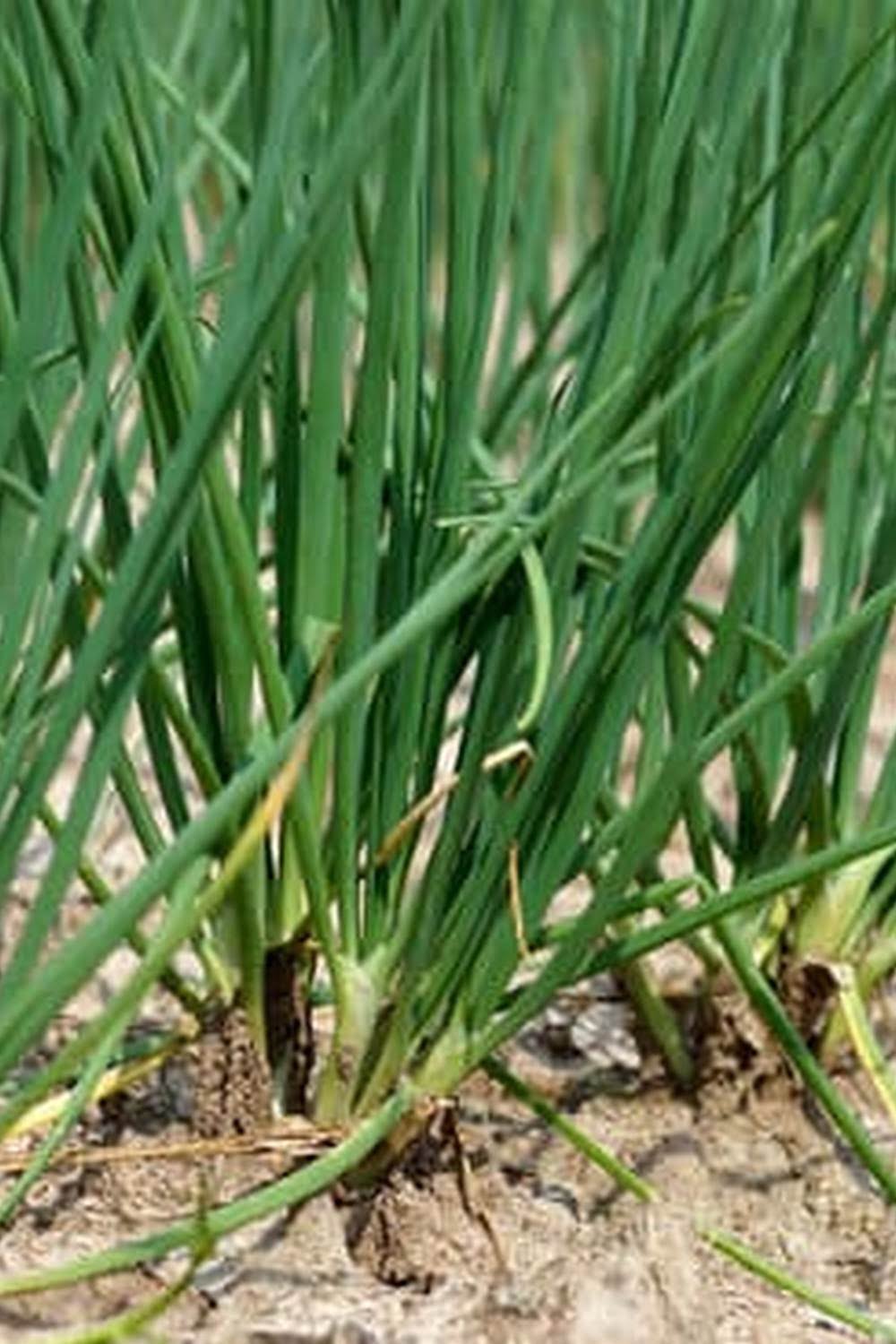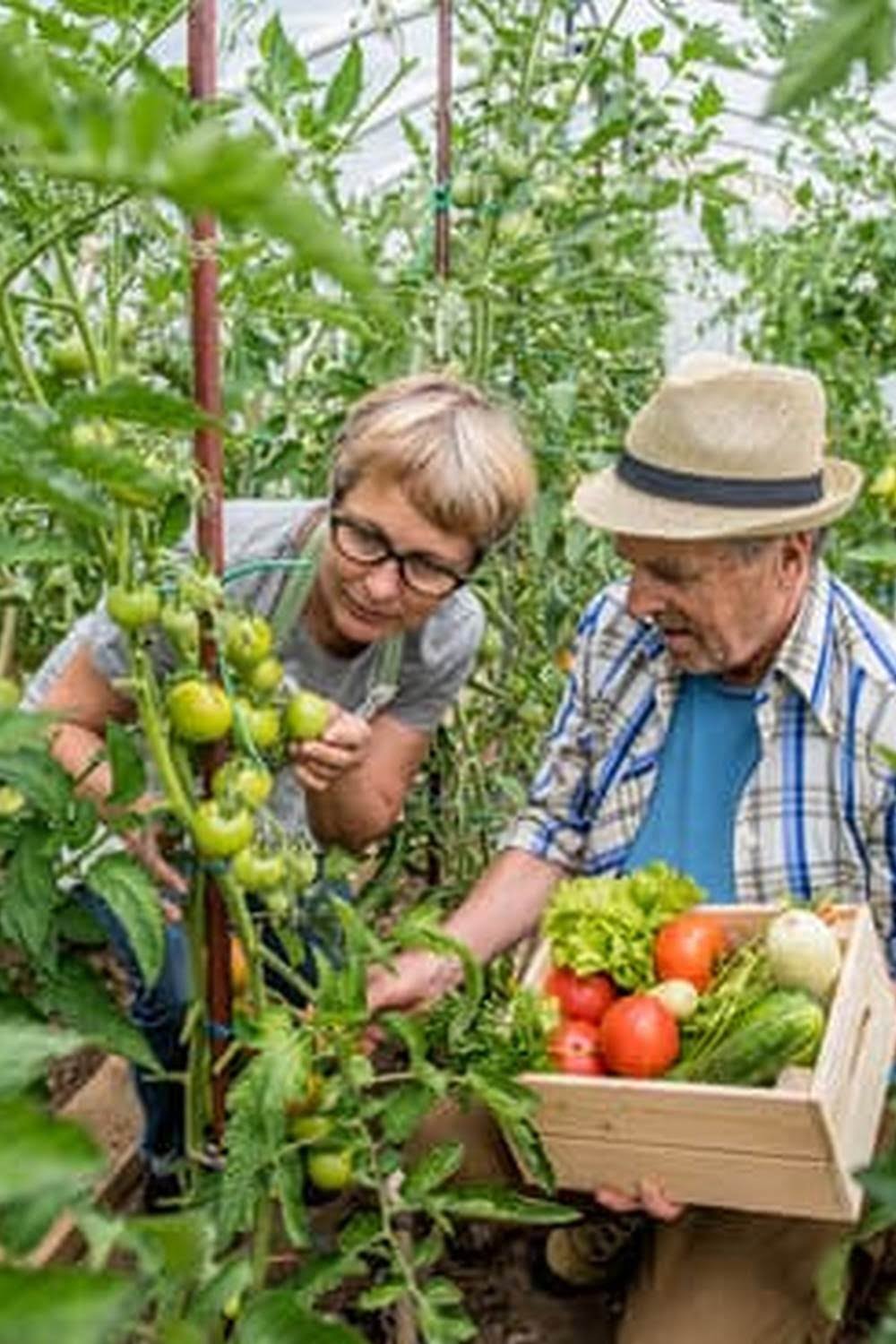Best Garden Mulch For Vegetables
There are many different types of garden mulch for vegetables available on the market. While all of them have their own unique benefits, some mulches are better than others for certain vegetables.
One of the best types of mulch for vegetables is organic mulch. This is made from materials like bark, compost, or straw. It breaks down over time, providing nutrients to the soil and helping to retain moisture.
Inorganic mulches, such as gravel or rocks, are also good options. They don’t break down like organic mulch, but they do help to suppress weed growth and keep the soil cool.
It’s important to use the right type of mulch for the vegetables you’re growing. For example, bark mulch is great for tomatoes, peppers, and eggplants, but it’s not ideal for root vegetables like carrots or potatoes.
When choosing a garden mulch for vegetables, consider the type of vegetable you’re growing, the climate, and the type of soil you have. Talk to your local garden center for advice on the best mulch for your vegetables.
Best Wood Mulch For Vegetable Garden
There are many different types of mulch that can be used in vegetable gardens, but the best type of mulch for this purpose is wood mulch. Wood mulch is a good choice for several reasons.
First, wood mulch helps to keep the soil cool and moist. This is important for vegetable gardens, since the plants need cool soil to thrive. Wood mulch also helps to prevent the soil from eroding, which can be a problem in areas with windy weather.
Second, wood mulch is a good way to add organic matter to the soil. Organic matter helps to improve the soil’s structure and fertility, and it also helps to suppress weeds.
Third, wood mulch can help to protect plants from frost. When the temperature drops at night, the mulch helps to keep the soil warm and prevents the plants from being damaged by frost.
Fourth, wood mulch is a natural deterrent to pests and diseases. It can help to keep slugs and snails away from plants, and it can also help to prevent the spread of diseases.
Finally, wood mulch is a good way to add color and texture to a garden. It can help to brighten up a garden and add a bit of interest to the landscape.
There are several types of wood mulch that can be used in a vegetable garden, including hardwood mulch, softwood mulch, and composted wood mulch. Each type has its own advantages and disadvantages.
Hardwood mulch is made from the bark of hardwood trees, such as oak, maple, and beech. It is a good choice for vegetable gardens because it is high in organic matter and it helps to improve the soil’s fertility and structure. Hardwood mulch is also a good choice for gardens that are prone to erosion, since it helps to keep the soil in place. However, hardwood mulch can be expensive and it can also be difficult to find.
Softwood mulch is made from the bark of softwood trees, such as pine, cedar, and fir. It is a good choice for vegetable gardens because it is low in organic matter and it helps to suppress weeds. However, softwood mulch is not as high in quality as hardwood mulch and it can be difficult to find.
Composted wood mulch is made from composted bark, wood chips, and other organic materials. It is a good choice for vegetable gardens because it is high in organic matter and it helps to improve the soil’s fertility and structure. Composted wood mulch is also a good choice for gardens that are prone to erosion, since it helps to keep the soil in place. However, composted wood mulch can be expensive and it can be difficult to find.
Best Moisture Meter Vegetable Garden
If you’re looking for the best moisture meter for vegetable gardens, you’ve come to the right place. Here at Best Moisture Meter, we know a thing or two about moisture meters, and we can help you find the perfect one for your needs.
When it comes to choosing a moisture meter for your vegetable garden, there are a few factors to consider. The most important thing is to find a meter that is specifically designed for measuring the moisture levels in soil. Many moisture meters are designed for use in indoor plants, and they may not be accurate when used in soil.
Another important factor to consider is the type of soil you have. Different types of soil will have different moisture levels, so you’ll need to find a meter that is designed for your specific type of soil. If you have a clay soil, for example, you’ll need a meter that is designed to read the moisture levels in clay soil.
Finally, you’ll also need to consider the size of your vegetable garden. Some moisture meters are designed for small gardens, while others are designed for larger gardens. Choose the meter that is best suited for your specific garden size.
Once you’ve considered these factors, it’s time to start shopping for a moisture meter. Here are our top three picks for the best moisture meter for vegetable gardens:
1. The Gardena Moisture Meter
This moisture meter is specifically designed for use in vegetable gardens. It has a large LCD display that makes it easy to read the moisture levels, and it has a soil type indicator that helps you choose the right meter for your soil type. It also has a built-in water reservoir that helps you keep track of the water levels in your soil.
2. The Luster Leaf 1601 Rapitest Soil Meter
This meter is designed for use in all types of soil, so it is perfect for vegetable gardens with a variety of soil types. It has an easy-to-read LCD display, and it comes with a handy carrying case.
3. The AMIR Soil Moisture Meter
This meter is perfect for small vegetable gardens. It is small and lightweight, and it has an easy-to-read LCD display. It is also waterproof, so you can use it in wet soil.
When shopping for a moisture meter for your vegetable garden, be sure to consider the type of soil you have, the size of your garden, and the features that are important to you. Then, choose the meter that is best suited for your needs.
Best Garden Mulch Vegetables
mulch benefits
There are many benefits to using mulch in your garden, but when it comes to vegetables, mulch is especially beneficial. By mulching your garden, you can:
1. Reduce weed growth. Weeds compete with vegetables for water, nutrients, and sunlight. Mulch blocks sunlight from reaching weed seeds, preventing them from germinating. It also smothers weed seedlings, preventing them from growing.
2. Keep the soil cool. Vegetables prefer cool soil, and mulch helps to keep the soil cool by shading it and preventing the evaporation of moisture.
3. Retain moisture. Mulch helps to retain moisture in the soil, which is especially important during hot, dry weather.
4. Improve the soil. Mulch helps to improve the structure and fertility of the soil. It also helps to suppress pests and diseases.
5. Reduce fertilizer needs. Mulch helps to keep the soil fertile, so you can apply less fertilizer.
When choosing a mulch for your garden, be sure to choose one that is organic and will break down over time. Some good choices include compost, straw, leaves, and bark chips.
Best Way To Build A Vegetable Garden
Building a vegetable garden is a great way to get fresh, organic produce right in your backyard. It’s also a fun project that can be completed with a few simple tools and supplies.
To get started, you’ll need to decide on the size and shape of your garden. You can use a pre-made garden bed, or you can create your own by digging a hole in the ground and adding some raised beds.
Once you’ve decided on the size and shape of your garden, you’ll need to add some soil. You can either use topsoil or compost to fill your garden. Topsoil is easier to work with, but compost is a better choice for organic gardens.
Once you’ve added the soil, it’s time to start planting your vegetables. Be sure to read the planting instructions that come with your seeds, and make sure to space the plants appropriately.
Once your plants are in the ground, it’s important to keep them watered and fertilized. You can either use organic or chemical fertilizers, depending on your preference.
If you’re not sure how to care for your garden, be sure to ask your local garden center for advice. They can help you choose the right plants for your climate, and they can give you tips on how to care for your garden.
Building a vegetable garden is a fun and rewarding project. It’s a great way to get fresh, organic produce right in your backyard, and it’s also a great way to learn more about gardening. Be sure to ask your local garden center for advice, and be sure to have fun with your new garden!

If you’re looking to get into vegetable gardening, or are just looking for some tips on how to make your current garden better, then you’ve come to the right place! My name is Ethel and I have been gardening for years. In this blog, I’m going to share with you some of my best tips on how to create a successful vegetable garden.





